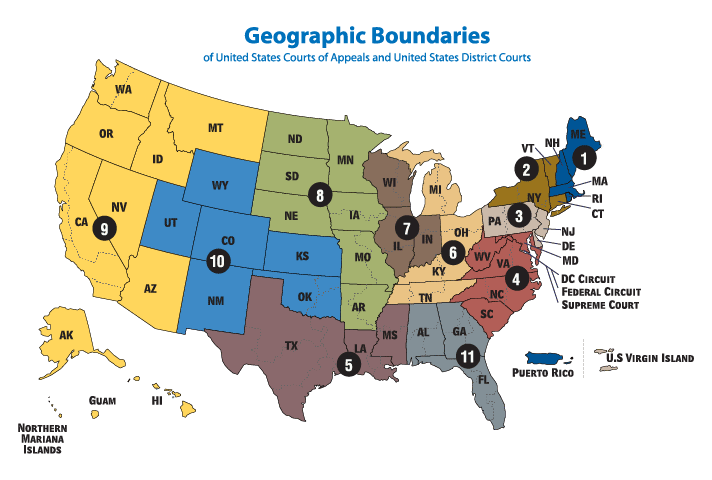Second Circuit Holds Hague Service Convention Prohibits Email Service on Chinese Defendants
On December 18, 2025, just as TLB was going on holiday break, the Second Circuit issued its decision in Smart Study Co. v. Shenzhenshixindajixieyouxiangongsi, holding that the Hague Service Convention prohibits email service on Chinese defendants. As friend-of-TLB Ted Folkman wrote shortly thereafter, “This is the one we’ve been waiting for.” The question of email…
Continue ReadingHelms-Burton’s Statute of Repose
Helms-Burton plaintiffs just can’t seem to catch a break. They have struggled to establish personal jurisdiction over foreign defendants, run into issues of foreign sovereign immunity, and found that their property rights have expired. Now, the Second Circuit has held that the Helms-Burton Act’s statute of repose blocks claims more than two years old. Congress…
Continue ReadingSupreme Court Grants Cert in Fuld v. PLO
Today, the U.S. Supreme Court granted certiorari in Fuld v. Palestinian Liberation Organization to decide whether the Promoting Security and Justice for Victims of Terrorism Act (PSJVTA) violates the due process clause of the Fifth Amendment. For prior TLB coverage of Fuld, see here, here, here, here, and here. The PSJVTA purports to establish personal…
Continue ReadingFuld and Waldman Plaintiffs Seek Supreme Court Review
TLB has followed the Second Circuit’s decisions holding unconstitutional the Promoting Security and Justice for Victims of Terrorism Act of 2019 (PSJVTA) and denying an en banc rehearing in Fuld v. Palestine Liberation Organization and Waldman v. Palestine Liberation Organization over a strong dissent by Judge Steven Menashi. As predicted, the plaintiffs recently filed a…
Continue ReadingSecond Circuit Denies Rehearing En Banc in Fuld v. PLO
Last week, the Second Circuit denied rehearing en banc in Fuld v. Palestinian Liberation Organization, an important personal jurisdiction decision that TLB has previously covered here, here, and here. The denial prompted a dissent by Judge Steven Menashi, joined in whole or in part by three other judges, which in turn prompted a concurrence by…
Continue ReadingFurther Developments in Smart Study
TLB has been following Smart Study v. Happy Party-001, a Chinese counterfeiting case in the Southern District of New York, since Judge Gregory Woods issued his thoughtful opinion last summer concluding that service by email on Chinese defendants is not permitted by the Hague Service Convention (a decision we covered in a prior blog post)….
Continue ReadingSeeking Second Circuit Review of Service in Smart Study
The plaintiff in Smart Study has attempted to appeal Judge Woods’ careful decision concluding that the Hague Service Convention does not permit service by email.
Continue ReadingMore on the Validity of the PDVSA 2020 Bonds
Governments with no realistic prospect of paying their debts often gamble for redemption, trying desperately to avoid default. Political leaders, with good reason, fear that a debt default will get them thrown out of office. But in trying to hold power, sometimes by borrowing even more, they often make matters worse for the country and…
Continue ReadingThe Billion-Dollar Choice-of-Law Question
Choice-of-law rules can be complex, confusing, and difficult to apply. Nevertheless, they are vitally important. The application of choice-of-law rules can turn a winning case into a losing case (and vice versa). A recent decision in the U.S. Court of Appeals for the Second Circuit, Petróleos de Venezuela S.A. v. MUFG Union Bank, N.A., is…
Continue ReadingHow Do Federal Courts Treat Foreign Parallel Litigation?
The Supreme Court has not explained how federal judges should evaluate parallel litigation in foreign courts. If the same parties are litigating the same issues before a foreign tribunal, should the federal court stay its hand? Or should it proceed until one or the other of the cases results in a judgment? The traditional European…
Continue Reading




